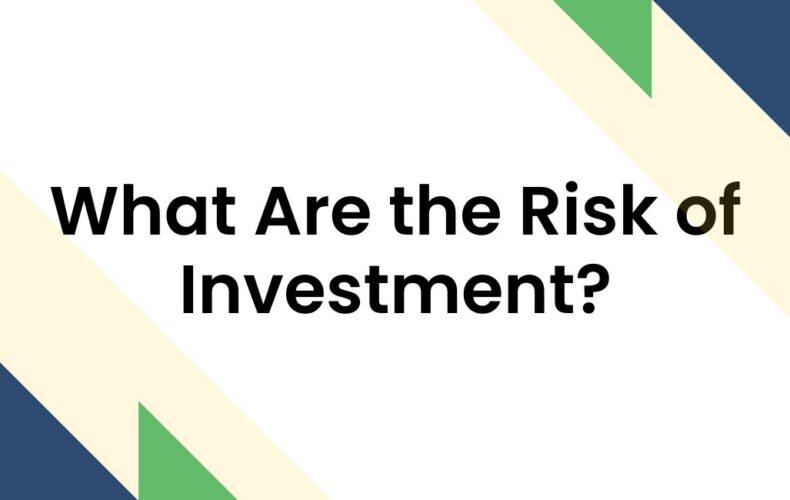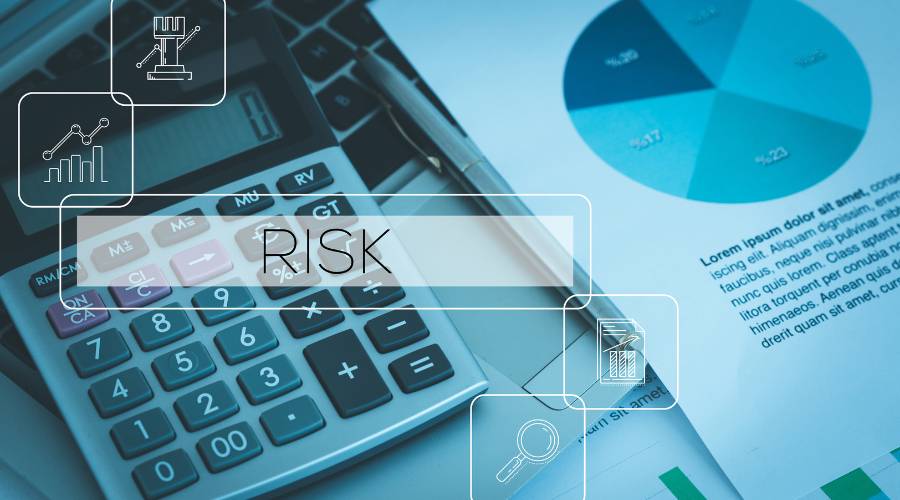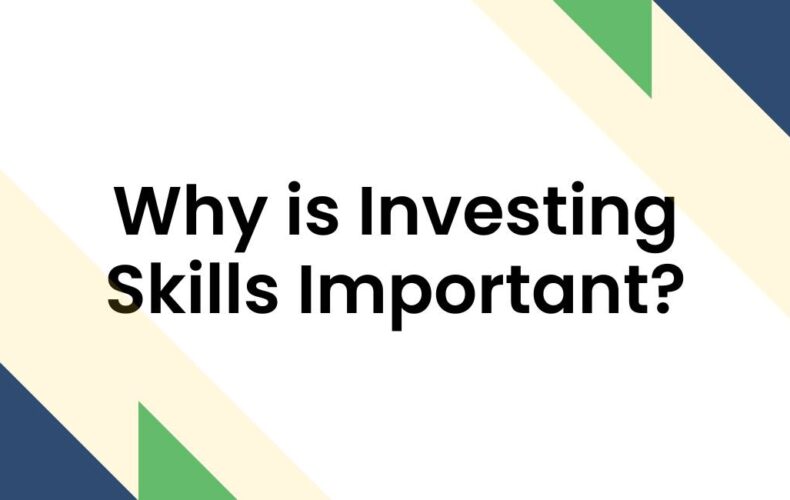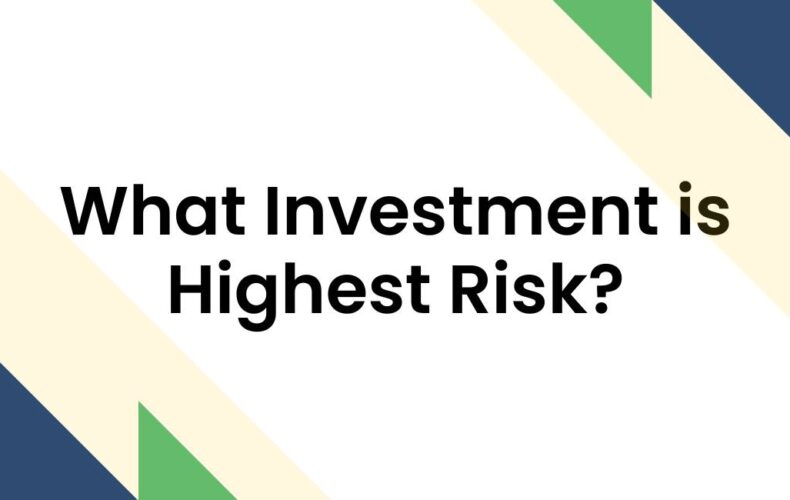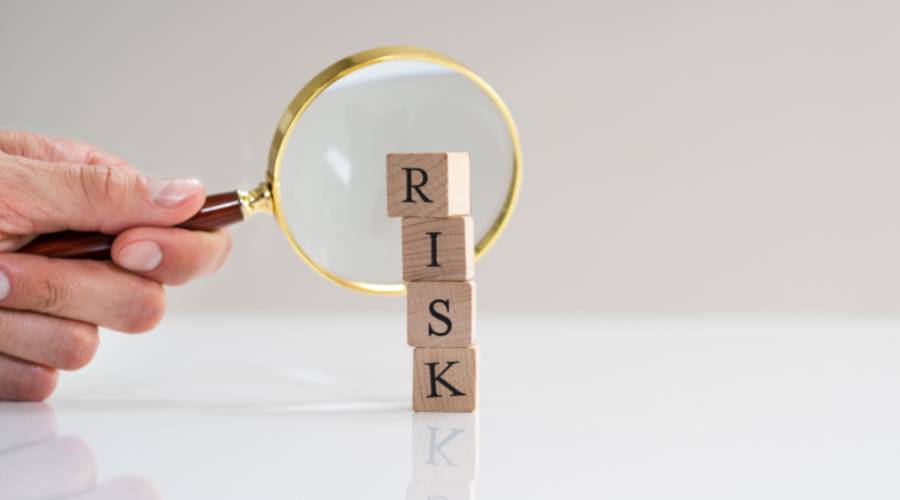How To Choose A Gold Investment Company
If you have finally decided to put some money into the gold market, you may be wondering how to go about doing it. It can be scary to make the move to buy your first bullion products. A lot of gold investors think precious metal investment companies are a good option for them because they do not have to worry about storing physical gold or having to pay a lot of bank fees.
Choosing a top company is tough. You have companies like Patriot Gold Group, Goldco, Birch Gold, and many other high performing companies – so how do you choose?
Why is Gold a Good Investment?
Gold has been seen as a valuable and special commodity throughout history. Today, investing in gold is a way to hedge against deflation and inflation, and it can be a good way to diversify your financial portfolio. Unlike other investment types, gold is a type of physical asset that can be traded and stored.
When looking for a gold investment company to work with, there are certain qualities that you should look for.
1. Look at Their Investment Holdings
When comparing investment companies, look at their holdings. This will allow you to determine how many physical medals they have. Knowing how many of their holdings are in physical precious metals will allow you to determine how much of their holdings are not. Using this information, you can evaluate if a specific gold investment company will be a good fit for your investment guidelines and criteria.
2. Look at Their History
Look into a gold investment company’s past performance. You should want to determine how well they did in recent years for their clients. This will help you average out the company’s performance, and get a good idea of whether or not you would like to work with the company.
3. Evaluate the Fund Manager
Another tip is to examine closely the fund manager for a company you are interested in working with. This person is the one who makes the investment decisions, so you should be well aware of what they are doing. Ask about their experience and level of education when it comes to investing. The ideal company to work with will understand the market and help you make sound decisions for your portfolio needs.
4. Ask About the Fees
Before working with a gold investment company, ask about any costs or fees associated with their services. Depending on the country you are making your purchase in, the prices will differ. Keep in mind that just because prices are cheaper in a certain country, it does not mean that these are the best investments for your portfolio.
5. Evaluate the Risks
Some gold investment companies come with higher risks than other companies. Additionally, the value of advice will differ between companies as well. Keep an eye out for brokers or companies that receive commissions based on whether or not you invest. This should be avoided and is considered a conflict of interest.
6. Check Licensing
Any gold investment company you decide to work with should have the proper licenses and registrations to offer their services. This is not a problem with most public bank gold investments. Banks often have all of the necessary paperwork required by law. Proceed with caution if you decide to work with a newer investment company. They might not be legally able to offer investment services, and this can create problems for you in the long run.
7. Research Diligently
Each gold investment company you are interested in should be researched thoroughly. Due to the high cost of gold bullion in recent years, scams have become a regular occurrence. The more information you gather about each company, the better you will be able to decide how to invest your money. A good resource to use online is the Better Business Bureau. This website will help you find out if any company has complaints against them.
